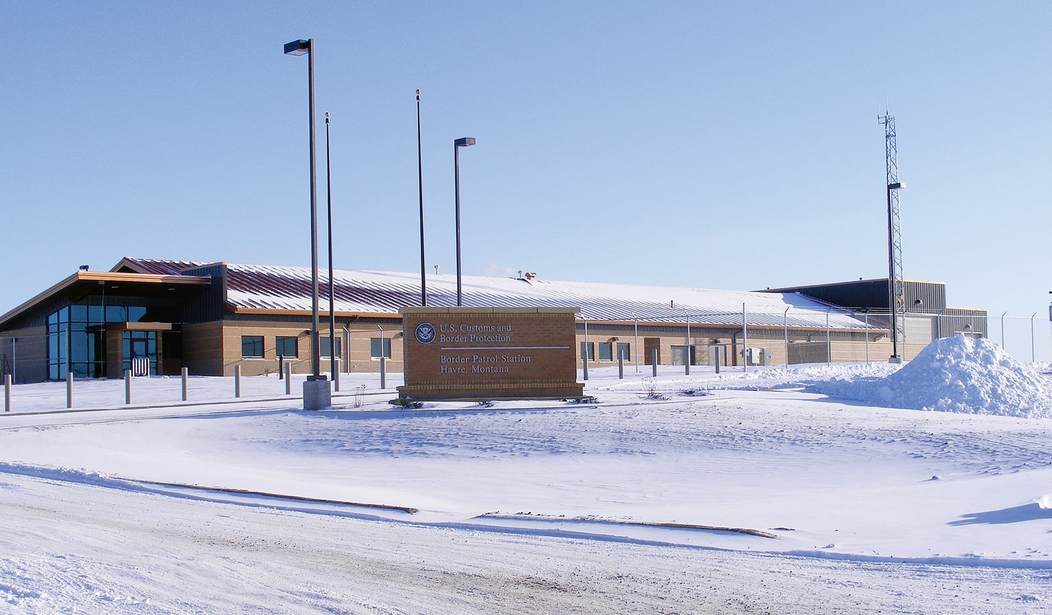U.S. Customs and Border Protection said the agency is reviewing a viral incident in which two women, both U.S. citizens, were detained by a Border Patrol agent last Wednesday after he overheard them speaking Spanish in small Montana city mini-market.
“We needed some eggs and my friend needs some milk for her daughter. So we decided to go to the gas station because we don’t have a store open. That was the only store. So we stopped there while we picked up the items. And I was in line. I was going to pay. I was next in line,” Ana Suda told CNN on Monday. “And I hear my friend say something, so I looked back. And it was this Border Patrol agent. He looked at me and he asked me where I was born. So I looked at him and I say, are you serious?”
“He’s like, I am very serious. I said I was born in El Paso, Texas. And he looked at my friend and my friend says I was born in El Centro, California. So he said, I need to see your ID. I need your ID. So I said, I am going to pay, and then I will give you my ID. He said, no, you are going to give me your ID,” Suda continued. “So, I said, OK, I will give you my ID and then I am going to my truck and I am going to pick up my cellular phone and then I am going to record you. He said, OK. So I gave him my ID. He went outside. And I paid for my items and I picked up my cellular phone and I started recording.”
Suda said she and her friend were kept in the parking lot by the agent for 35-40 minutes.
She said she felt the incident was racial profiling. “If a Canadian, because we are in a Canadian border, crossed the border and starts speaking French, are you going to ask him for an ID like you asked me? And he said, they don’t do that,” she said.
“I wasn’t doing anything criminal. I believe they need to have a reason to stop you. Not just because you speak Spanish, I don’t believe that is a reason,” Suda added. “I don’t believe that’s a crime.”
Havre, Mont., is about 30 miles from the U.S.-Canadian border. Agents can make warrantless stops on reasonable suspicion up to 100 miles from the border.
“Although most Border Patrol work is conducted in the immediate border area, agents have broad law enforcement authorities and are not limited to a specific geography within the United States,” the Border Patrol said in a statement. “They have the authority to question individuals, make arrests, and take and consider evidence.”
Suda said she decided to bring the case forward, “to bring this to somebody else for help, the ACLU,” because her 7-year-old daughter should understand that “you need to be proud.”
“You need to be proud because we speak Spanish and you speak in English,” she said. “You are very smart, you speak two languages.”









Join the conversation as a VIP Member